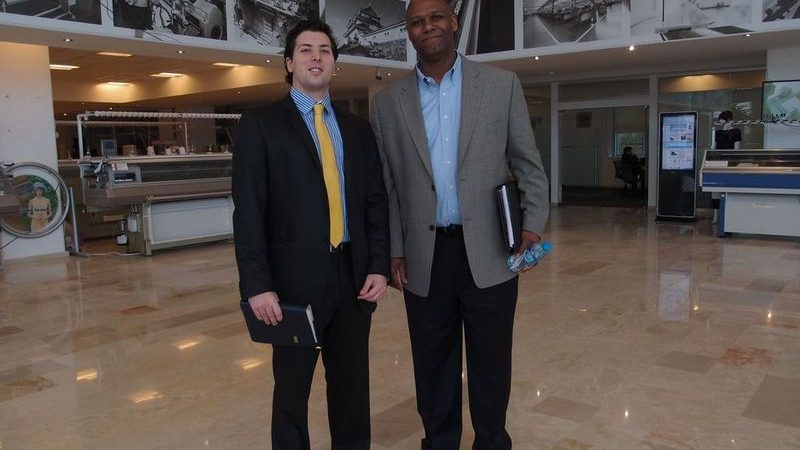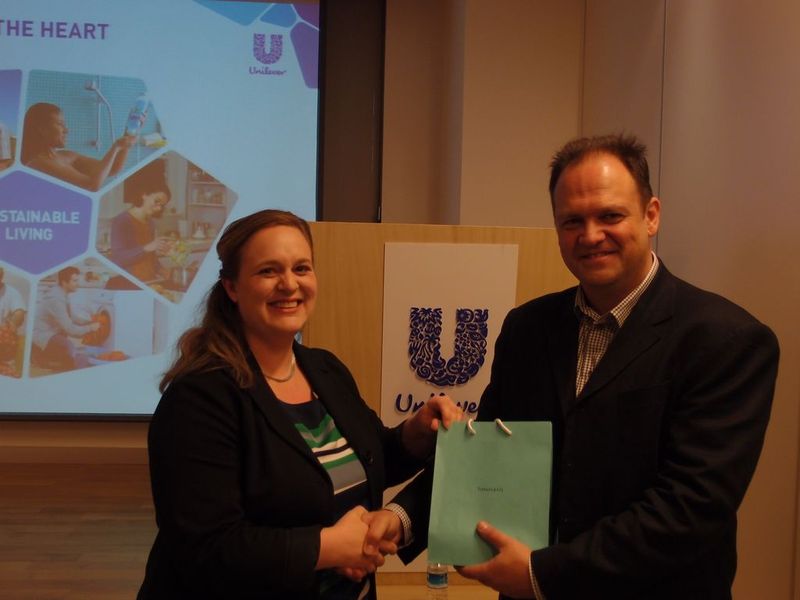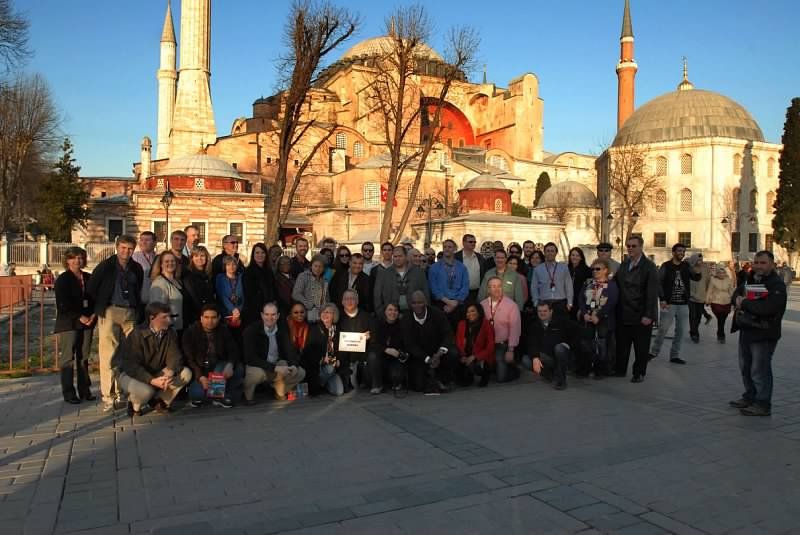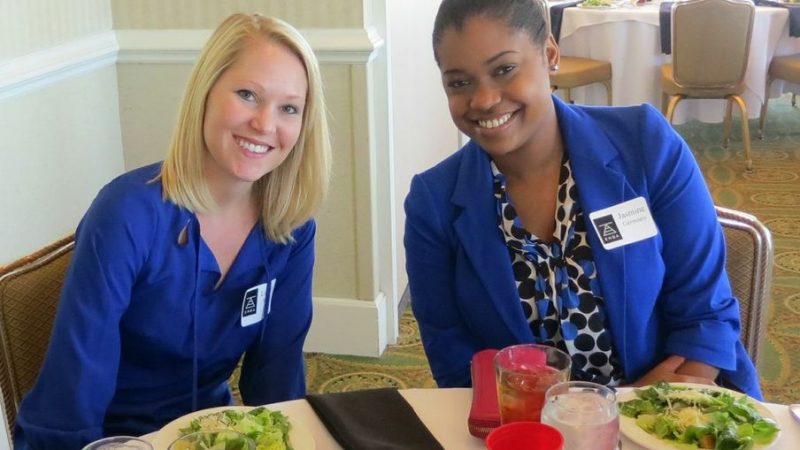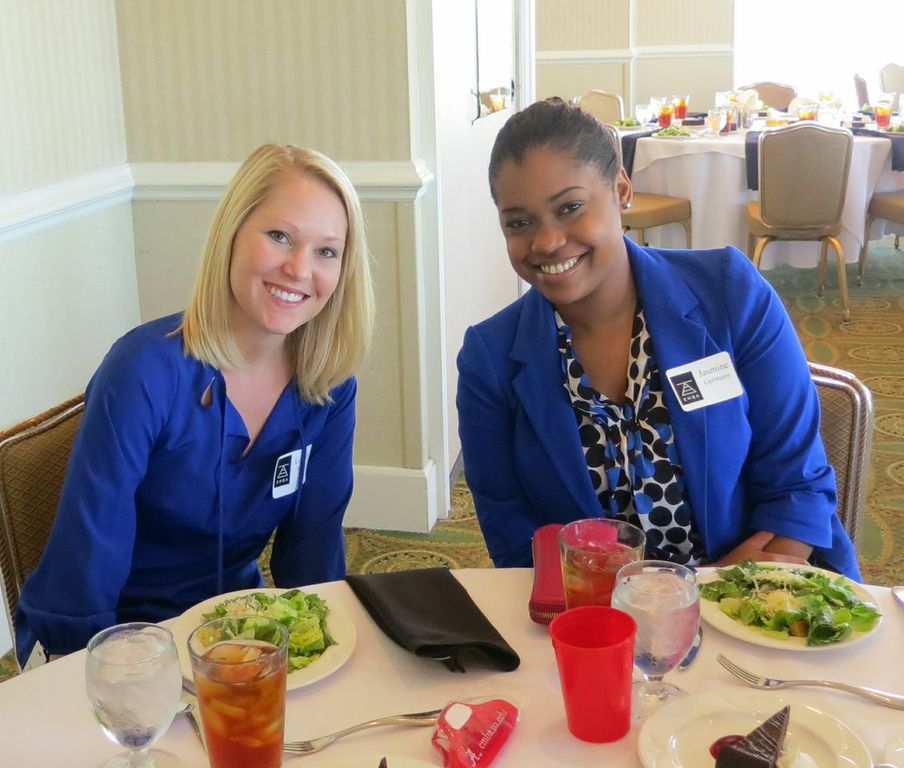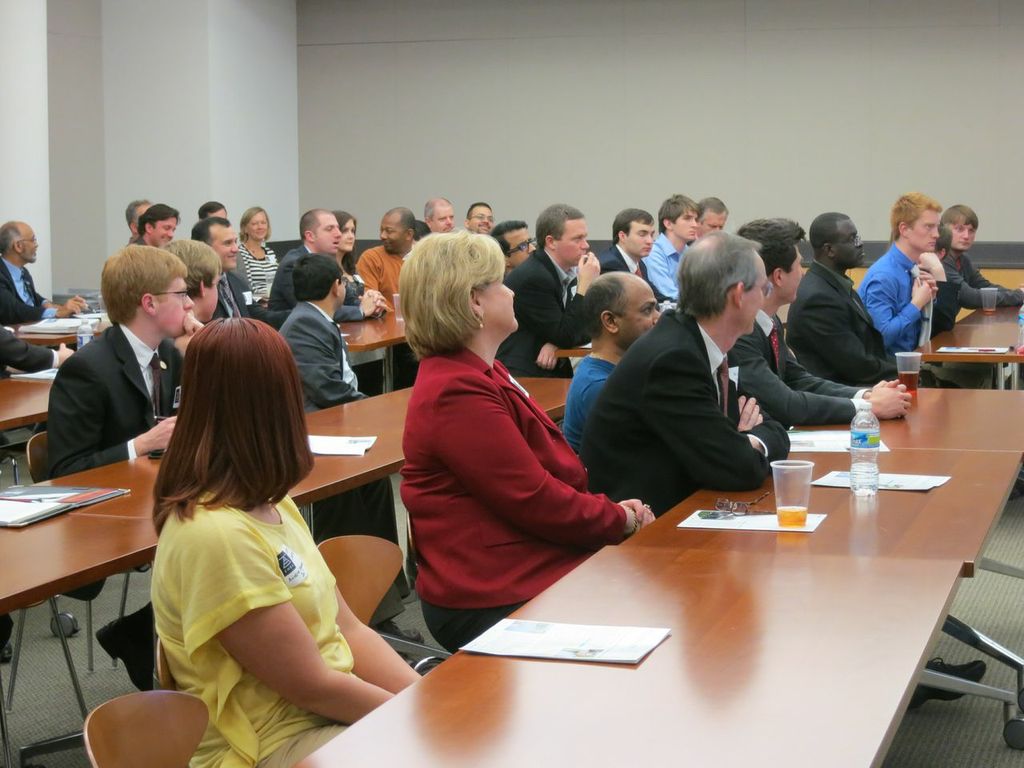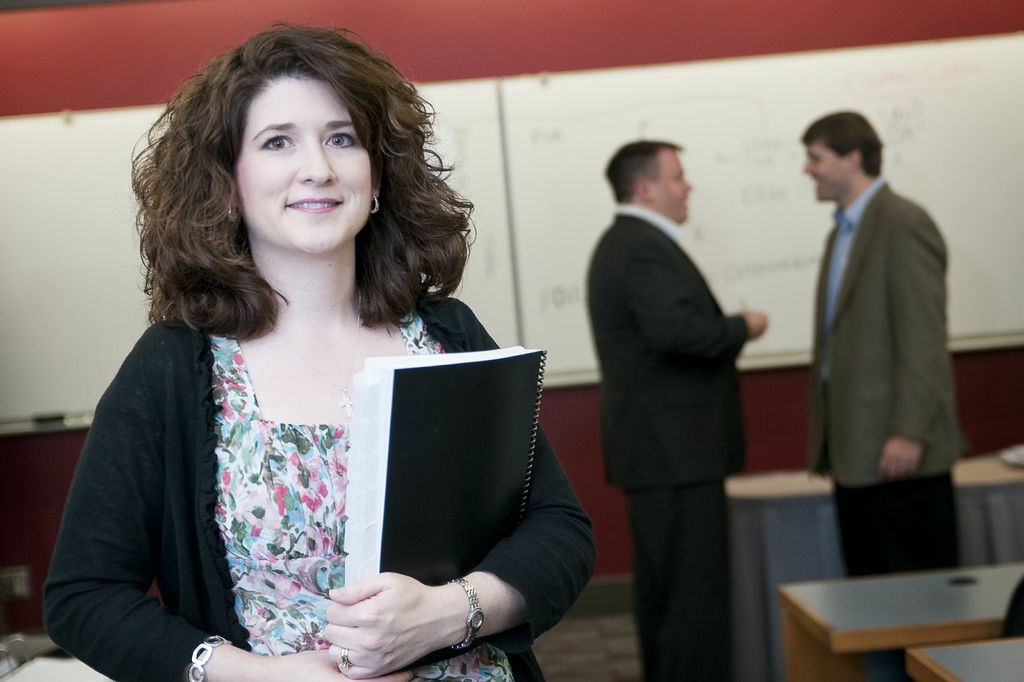Returning to Grad School – Tips to Prepare
- August 16th, 2013
- in Helpful Tips and Advice
It’s that time of year again. Can you feel it? Summer turning to fall, football season just around the corner, back to school sales screaming at you from the TV, and anticipation from everyone in the household — it’s time to return to school.
It may have been awhile since you were in college, but you have finally made the decision to return for your graduate degree.
For some EMBA students it has been awhile since they received their undergraduate degree.
The average age of an EMBA student is 37 with an average of 15 years work experience. What can you expect? How can you prepare to make the transition back into academia. Here are some tips from current EMBA students at The University of Alabama.
PREPARING FOR CLASS
- Without a doubt, the number one tip from students (past and present) is to stay on top of your coursework! Seventy percent of EMBA students spend 11-15 hours per week outside of class studying. 30% spend up to 20 hours. It may be helpful to make a study schedule and designate a specific place and time for studying. Are you an early riser or a night owl? Know when you study best, and plan accordingly.
- It is important that you share your experiences in class, failures as well as successes. You will learn as much from each other’s failures as you will your successes. Share your resumes, academic and professional backgrounds, and skills with fellow classmates. Make every networking opportunity count!
- Organize a study team. MBA programs generally have students work in teams. Study teams serve as an emotional support system, as well as a means of teaching group dynamics and developing effective group processes. Coursework is generally split between team work and individual assignments. When forming the team, you should look for diversity of academic, professional and cultural experience when forming your group. Make sure to clarify roles and responsibilities for every group member. Establish a method of communication, meeting times, and an assignment schedule to ensure all work is completed on time. A team charter is also important to establish roles, values, goals, commitments, rewards, and work distribution.
- Ask for help! Don’t wait until you are too far behind. Faculty, team members and classmates can be very helpful.
- Although you will have to cut back on family time, it is important that your family does not feel neglected. They will be your strongest support network. Make sure to discuss your busy schedule with your family. Set aside special times each week to spend with your children, as well as your spouse. Some suggestions include date with your spouse, family movie night, breakfast with the kids, a church service or family picnic.
- Designate a study area at your home. This can be a quiet room or office, or you could set aside time each night to study at the kitchen table with the kids. Either way, this sets a good example for your children that education never ends!
- Be sure to discuss your return to graduate school with your employer. Some MBA programs require a letter of recommendation from employers showing support. Make sure they understand the amount of work and time the program requires. Share your class schedule with your employer and coworkers.
- It is very important to demonstrate ROI while enrolled in the program. Use the principles you learn in class at your job as much as possible, and teach your coworkers what you’ve learned as well. You will learn more by explaining rather than by hearing alone!

NOW THAT YOU’VE DONE ALL THE PREPARATION, DON’T FORGET THE MOST IMPORTANT PERSON…YOU!
- Grad school is tough and can be very stressful. You will find that you have very little free time when balancing grad school, work and family life. Be sure to take advantage of these small pockets of free time and do something for yourself! Although you may not be able to go play a round of golf or spend the day at the spa, there are little things you can do such as jogging around the neighborhood, shooting some hoops in the driveway, or even a quick 30 minute pedicure! This will help reduce stress and give you an opportunity to take a deep breath and relax, and before you know it, you will be graduating with your new degree!



